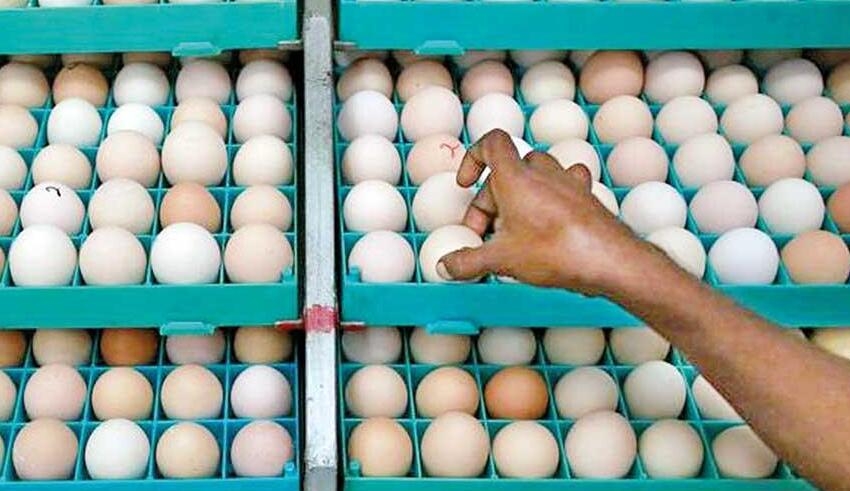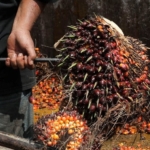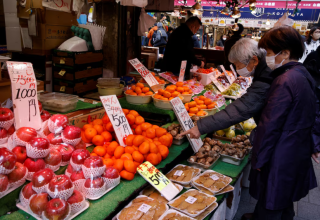
India is expected to export a record 50 million eggs this month, helped by sales to Malaysia, where there have been severe shortages due to rising feed prices caused by the crisis in Ukraine, according to industry authorities.
Middle Eastern nations, such as Oman and Qatar, are the largest purchasers of Indian eggs; nevertheless, in recent months, Indian hatcheries have received big orders from unexpected sources as output plummeted in some of the world’s leading suppliers.
Malaysia, which previously sent eggs to Singapore and other Asian nations, placed the largest such surprise order.
The Malaysian Minister of Agriculture and Food Security, Mohamad Sabu, traveled to Namakkal, in the southern Indian state of Tamil Nadu, where many key hatcheries are located, earlier this month in an effort to ensure egg supply as prices reached record highs.
“Malaysia is purchasing substantial volumes of eggs from India for the first time, and it appears that India’s egg exports to Malaysia will continue robust throughout the first half of 2023,” Sasti Kumar, joint managing director of Namakkal-based Ponni Farms, one of India’s top egg exporters, told Reuters.
According to Kumar, India delivered 5 million eggs to Malaysia in December, 10 million in January, and up to 15 million in February.
The epidemic of highly virulent avian influenza, sometimes known as bird flu, has reduced egg and chicken supply in several nations across the world, putting upward pressure on already high food costs and prompting trade restrictions from countries that import poultry.
Keep Reading
The imports from India have aided Malaysia in bringing prices down from their late-December record highs. In December, the market gap decreased from 157 million eggs in November to just one million, according to a statement released by the Malaysian ministry earlier this week.
Tan Chee Hee, head of the Federation of Livestock Farmers’ Association of Malaysia, stated that Malaysia’s egg production will return in a few months due to the government’s enhanced subsidies.
In the meanwhile, egg prices in India have reached an all-time high of 565 rupees ($6.96) for 100 eggs, up roughly a quarter from a year earlier and adding to local fears about food inflation.
Prasanna Pedgaonkar, general manager of poultry-focused Venky’s, stated that exports are on the rise due to healthy domestic consumption throughout the winter months.
Small-scale Indian farmers, like their Malaysian counterparts, have reduced production after suffering losses over the last two years owing to the high cost of feed and the impact of the epidemic, according to Pedgaonkar.
C Panneerselvam, an exporter also headquartered in Namakkal who supplied one million eggs to Malaysia last month, warned that India’s domestic prices might eventually make egg exports less feasible, in which case international purchasers would have to go elsewhere.
For the time being, though, demand remains unchanged.
In the coming months, countries such as Singapore and Sri Lanka may be the next in line to purchase from India, according to Kumar of Ponni Farms.


























